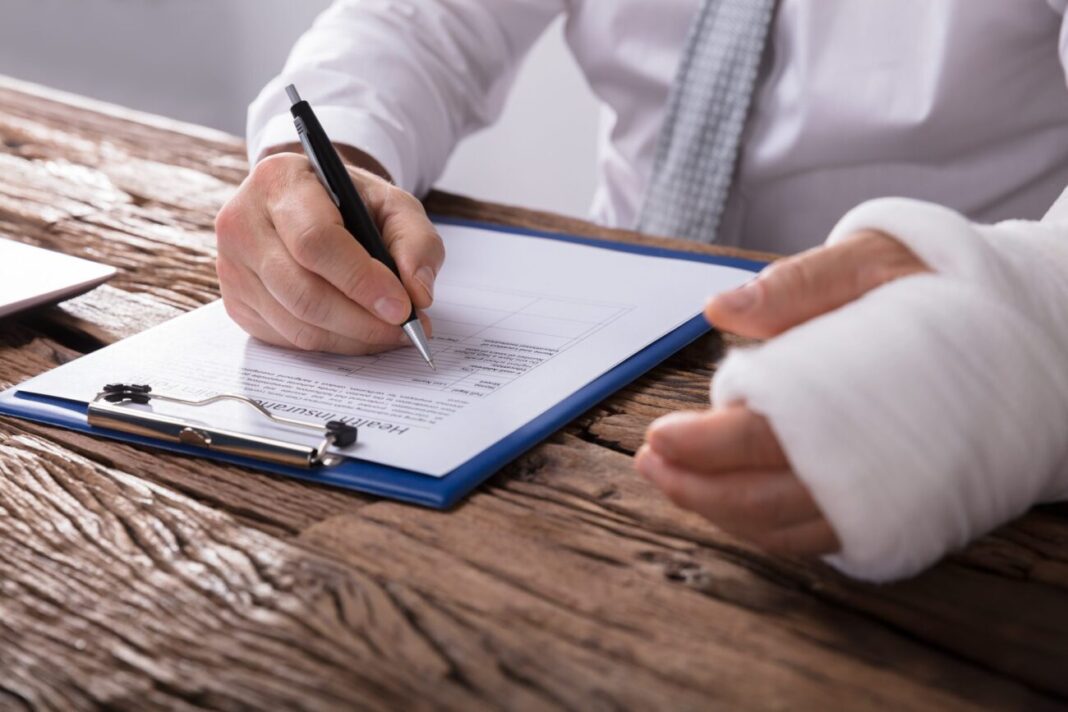Injuries after an accident are a common outcome that anyone should be prepared for. Your physical injuries can cause harm to your body and mind both. While bodily injuries are easy to put a number on through medical treatment, emotional distress is something that you might not easily be able to calculate.
So, before you sue someone for emotional distress, you need to know how emotional distress is valued in a personal injury claim. There are specific ways to provide the court with the details of your injuries. These ways follow certain calculations to value the compensation claim over the pain and suffering.
This article will look into 2 distinctive ways to calculate emotional distress in a personal injury claim.
A Brief Overview of Emotional Distress
Emotional distress is a mental state of discomfort. It occurs when you go through something highly unpleasant that interferes with your regular life. This form of anxiety can strike anyone, especially in the aftermath of a vehicle or motorcycle accident.
Some common and worrying emotional distress symptoms could include:
- Depression or anxiety
- Panic attacks or overflow of fear
- Feeling unnecessarily guilty
- Frequent severe headaches and body pains
- Isolation
- Insomnia
- Fatigue
- Substance abuse
- Sudden changes in weight
2 types of emotional distresses
General damages are general pain and suffering from emotional distress that you can seek compensation for.
Special damages are psychological damages from an accident that you can easily calculate the compensation for.
5 Ways to Prove Your Emotional Distress Sufferings
Because pain might not be a physical symptom, you’ll have to show that you’re experiencing extreme emotional distress in other ways. You must also demonstrate that the accident was the cause.
Your lawyer will collaborate with you and your physicians to determine the severity of your wounds and how they impact your mental well-being and daily routine.
These experts have the essential knowledge to comprehend the emotional damage caused by an event and how it can affect a person.
To prove emotional suffering in your case, your lawyer may suggest the following steps:
Seek professional consultation about your suffering
The best method to get aid and proof of mental suffering is to seek medical care from a trained practitioner, such as cognitive-behavioural therapy.
Keep track of your symptoms and stress levels in a journal
This might also aid in documenting your body pain and suffering following an injury.
Find witnesses to testify on your behalf
Medical specialists and other experts can demonstrate how emotional trauma affects a person’s life.
Testimony of your friends and family
The emotional impact of the accident can be attested to by your spouse or friends who are assisting you through this difficulty.
Physical injury evidence
The more serious the accident, the more probable you may have emotional trauma. Physical injuries can serve to demonstrate how traumatic the accident was.
2 Ways to Calculate Emotional Distress in a Personal Injury Claim
Emotional distress is typically compensated as part of an accident victim’s non-economic losses. To calculate the amount of compensation, your lawyer will consider the level of your grief and how it has harmed your life.
Every accident has a unique outcome. As a result, there is no standard sum for compensating emotional distress. A competent lawyer will select the most relevant strategy for your case and accurately shows your losses.
When estimating pain or mental distress damages, a lawyer can employ the following methods:
The Multiplier Method
This strategy multiplies your case’s overall economic losses by between 1 and 5. The extent of your injury determines the multiplier.
Per Diem Method
Using this strategy, your lawyer will assign a particular cash value to each day that passes between the time of the accident and when you are expected to recover fully.
Conclusion
Emotional distress claims can be difficult as putting value to your mental sufferings can be complex. The best practice would be to seek professional support from experienced lawyers. They have the knowledge in which the court accepts valuation of your emotional distress from the physical injury sustained from any form of accident.
So, visit and consult a lawyer today to get the exact compensation for your emotional distress from a physical injury claim.


























